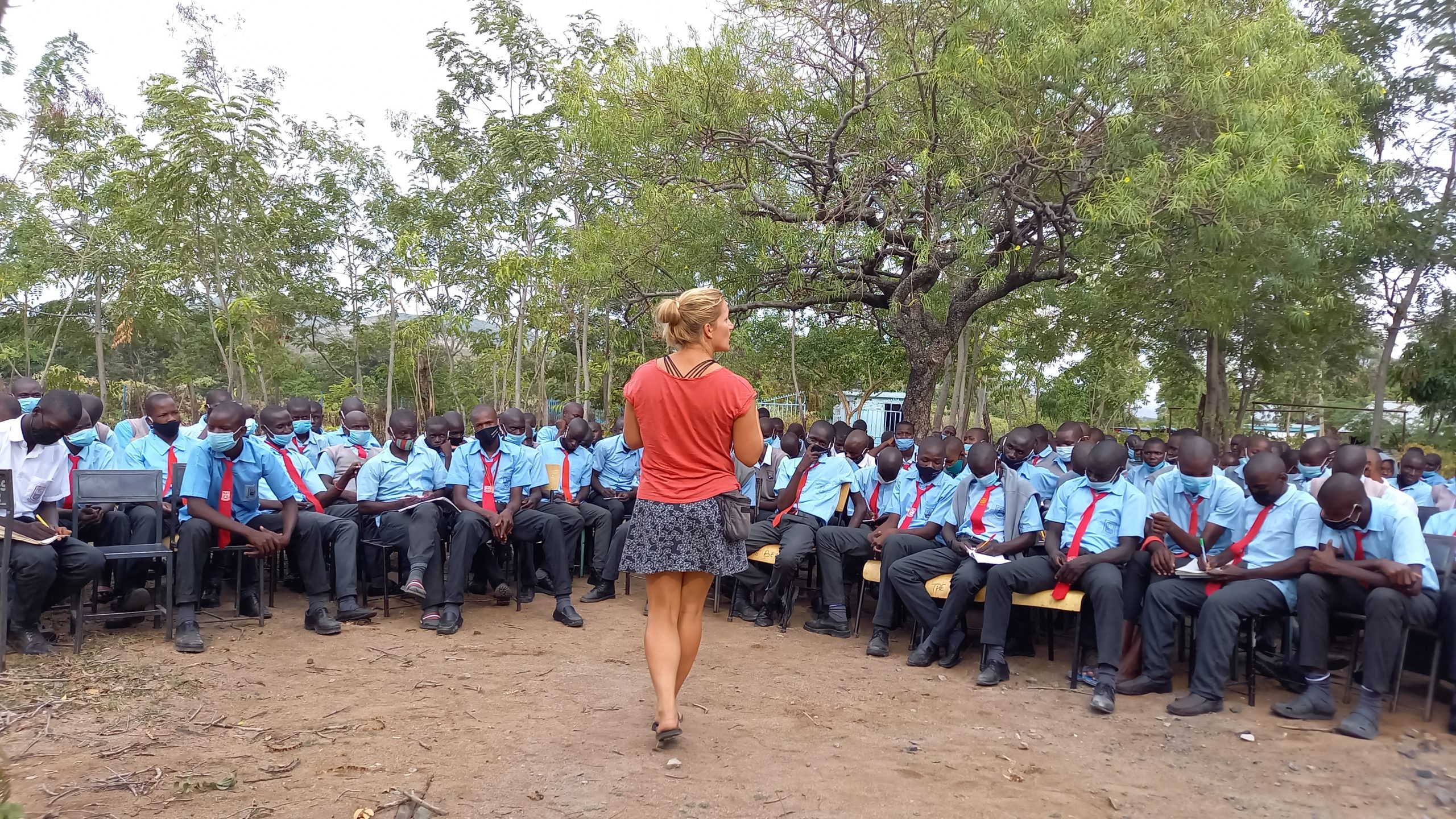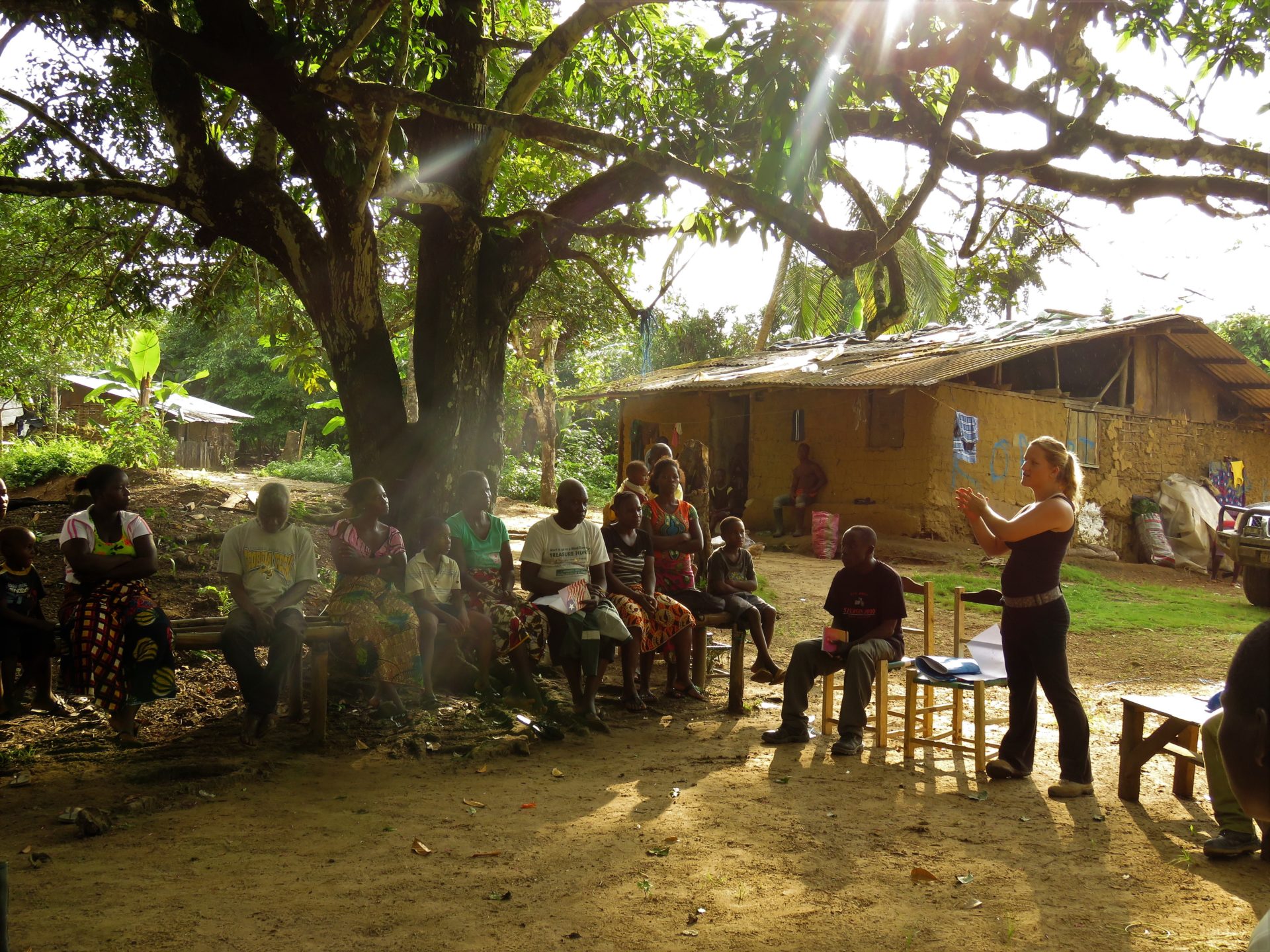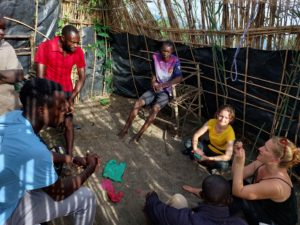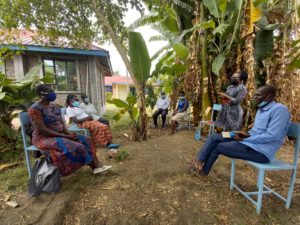
ABOUT THE PROJECT
Kenya – Leadership Academy
‘Leadership is the capacity to translate vision into reality.’
The Leadership Academy empowers community leaders to foster resilience, unity, and sustainable growth. By focusing on self-awareness, effective communication, and strategic problem-solving, the academy equips leaders with the tools necessary to drive positive change within their communities.
- Key Highlights:
- Transformative Training Programs: Develop training with community leaders that reflect on current beliefs and behaviors, shift mindsets and approaches to dealing with challenges, break old patterns, and create new habits, all focused on united visions and actions.
- Personal and Team Development Coaching: Coach project leaders on personal and team development, equipping them with the skills to train future leaders within the community.
- Fundamentals of Change Management: Emphasize mindset, communication, ownership, and actions as the core elements of effective change management.
For many years, my work in Kenya focused on initiating and implementing various projects. Our local partners have successfully managed these projects, demonstrating remarkable competence and dedication. Over time, we have transitioned from direct management to a mentorship role, entrusting our partners to find solutions and make decisions that best serve their communities. Our goal has always been to help them achieve their vision, and this shift has allowed them to take full ownership and responsibility.
We continue to work closely with our partners, particularly during challenging times. Whether these challenges are project-related, arising from unforeseen circumstances, or personal issues affecting those involved, our collaboration remains crucial. Early last year, a significant challenge impacted both our relationship with funders and the community itself. This experience highlighted the need for our partners to develop skills in addressing and managing challenges, not only within their projects but also within their communities and communications with project partners.
I began by focusing on our project partners, helping them understand how challenges affect them personally. By recognizing their reactions, emotions, and perceptions, they learned to separate personal feelings from project decisions. This self-awareness enabled them to address their emotions constructively, ensuring that personal issues do not negatively influence project outcomes. As leaders, their responsibility extends to bringing their teams together, fostering a shared understanding and commitment to the project vision. This approach also applies to their interactions with the community, promoting unity and trust rather than division.
At our leadership academy, we delve into community behaviors, beliefs, and perceptions, such as storytelling and competition, and their impact on project success. Participants learn to understand the deep roots of these behaviors and their roles in shaping community dynamics. Through discussions, role-plays, and various tools, they develop strategies for addressing challenges and fostering positive change within their communities. Topics like trust, transparency, accountability, sustainability, and ownership are also explored, emphasizing their importance in community development.
The leadership academy now operates independently, with project leaders passing on their knowledge and experiences to the next generation of leaders within their teams and the community. This ongoing process ensures the sustainability of our efforts and the continuous growth of strong, resilient, and connected communities.




